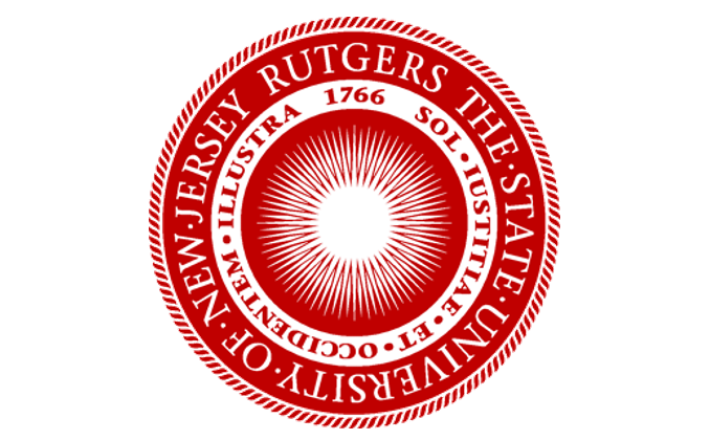Resisting Women’s Political Leadership: Theories, Data, Solutions
Over the last twenty years, the world has witnessed a dramatic rise in the number of women serving in elected and appointed political roles. Having more women in politics has been viewed in largely positive terms, as leading to attention to a wider range of policy issues, including those beneficial to women; inspiring greater interest and engagement in politics among women as a group, particularly younger women; and eroding historical associations between men and politics, generating broader transformations in gender roles.
Yet there is also growing awareness of backlash and resistance against female leaders, ranging from efforts to subvert the impact of gender quotas to institutional rules and practices hostile to women’s participation to physical attacks, intimidation, and harassment directed at female politicians. Reflecting attempts to restrict women’s policy contributions, deter women’s political participation, and reinforce prevailing gender norms, such resistance poses a serious threat to democracy and, in turn, questions the progress that has been made globally in terms of incorporating women as political actors.
This conference seeks to explore in greater depth the nature, origins, and manifestations of resistance to women’s political leadership, taking a global perspective and engaging scholars and practitioners working in a host of related areas. Positioned at the nexus between theory and empirics, the aim is to share and develop theories and data of resistance to women as leaders, as well as to propose and critically evaluate solutions to tackle resistance and promote greater gender equality in political life.
Proposals are welcome for papers addressing all aspects of resistance to women’s political leadership. Possible topics include, but are not limited to, internal and external barriers to candidate selection, gender stereotypes and voter bias, the ‘glass cliff’ and female leaders, backlash against gender quotas and ‘quota women,’ gendered portfolio and committee assignments, gendered political institutions and practices, violence against women in politics and elections, sexist media coverage, and misogynistic online abuse.
Sessions will include key note addresses, panels with senior and junior scholars, mentoring for graduate students, and dialogues between academics and practitioners. Some funding may be available for travel and accommodation, with priority given to graduate student paper-givers.
The deadline for submitting paper proposals is December 15. Participants may also register to attend the conference without presenting a paper. Click here to submit a paper proposal and click here to register to attend. Further details on the conference schedule, as well as travel and accommodation, will be posted on this website in due course.
Please email m.l.krook@rutgers.edu with any questions.
New Brunswick, New Jersey
